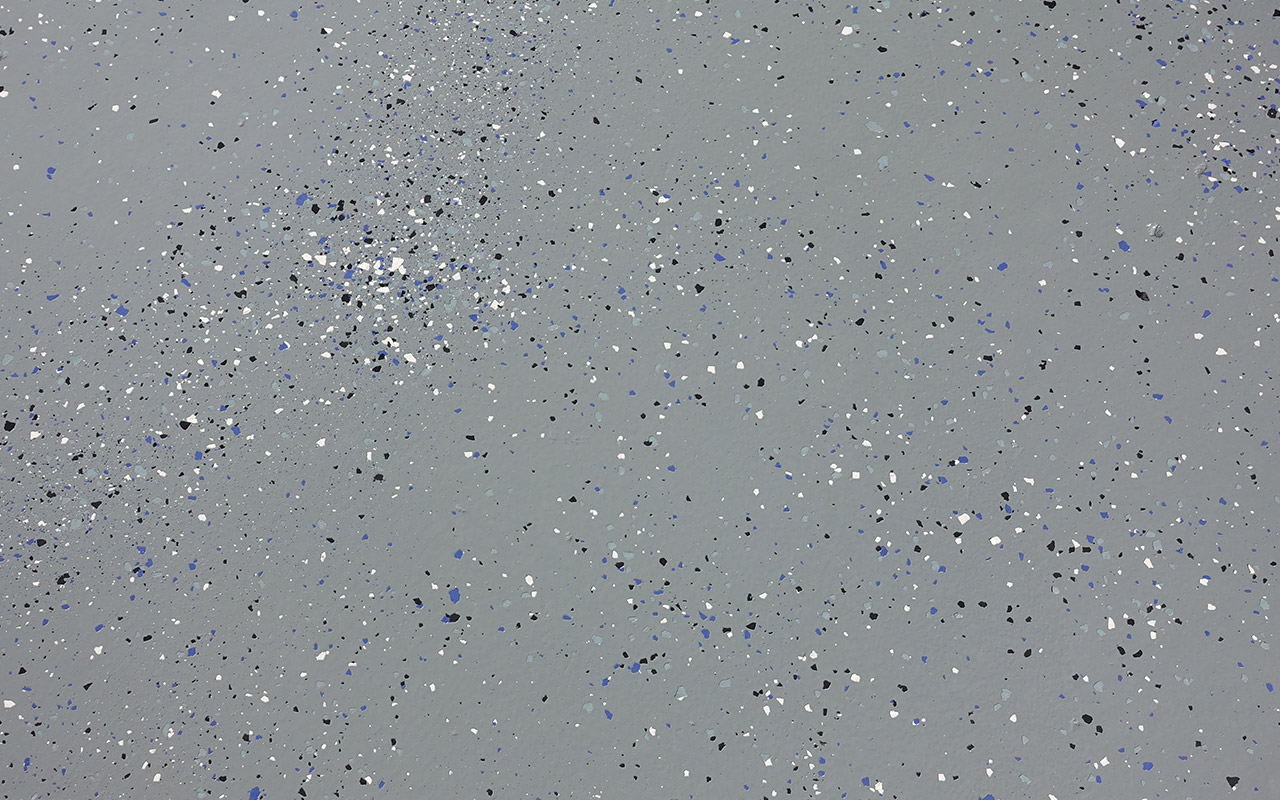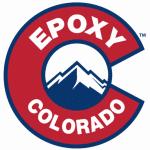
Epoxy has surged in popularity as a flooring option for both commercial and residential applications. The advantages of Epoxy over other flooring options are continuing to grow. This article aims to shine a light on the great variety of options and add-ons that can be used if you decide to choose epoxy.
Epoxy flooring is a resinous flooring solution that can be placed over tile, concrete, wood, and many other residential and commercial flooring types. Epoxy is made from resin and hardener and is used as a flooring option. It’s usually applied to an area that incurs a high amount of use such as high foot traffic, vehicles, or outdoor weather.
The epoxy mixture creates a bond that forms a hard plastic and adheres to the original surface giving a new, polished look. Usual applications include garages, commercial buildings, warehouses, patios, driveways, pool decks, porches, and sidewalks. Learn about epoxy as a patio solution here, and read more about the pros and cons of epoxy in your garage here.
To save you some time, the advantages of epoxy flooring include:
To keep things straightforward, epoxy flooring can be divided into three categories: solvent-based, water-based, and 100% solid epoxy resin.
There are a wide variety of epoxies that are not water-based. These types of epoxies will likely utilize xylene as a primary solvent which means your tools cannot be cleaned or reused. They will have to be discarded. Solvent-based epoxies are a mixed batch when it comes to durability and quality – we suggest getting a professional recommendation to steer clear of the lower-quality options.
Water-based epoxy has the benefit of being easier to manage due to its high malleability and lower viscosity. For this reason, many DIY’ers will choose water-based to keep the process smooth. Water-based also includes the benefit of a lower cost.
It is likely that you will find a plethora of brands for this epoxy in your local home improvement store, but if you are expecting professional results, we highly recommend against using it. Water-based epoxy has the benefit of ease of use, but it is not strengthened for the high abrasion and heat resistance needed for garage and outdoor applications. There is a small subset of water-based epoxies that are exceptions to this low durability characteristic, however.
This epoxy flooring type is not for beginners, but it delivers the best results by far. Two or three-step epoxy flooring containing one-hundred-percent solids for its intermediate coat requires professional precision and a long dry-time; however, you can expect this option to provide superior durability and the longest-lasting performance.
Choosing the category of epoxy is only the first step. There are add-on options available to provide aesthetic value and utility benefits including:
Flake-Epoxy Tile Flooring: This option is great in order to add color and aesthetic appeal to your new floor. Acrylic chips and flakes, which come in a number of colors, are applied to the epoxy coating when the mixture is still wet. The result is a more beautiful flooring solution with an extra sense of polish.
Metallic Epoxy Flooring: Add even more artistic design to your floor with metallic epoxy. Installers can add shades of gold, copper, ruby, silver, and more to the epoxy coating allowing customization of shades, accents, and patterns.
Self-leveling Epoxy Flooring: This option is especially useful if you plan to do your epoxy floor on your own. As the name suggests, this add-on will cause your epoxy coating to self-level and spread out across the surface. Consider this option if you have an old and broken concrete floor to easily smooth over during installation.
Texturizing: Texturizing adds a more polished appearance, but the true benefit of this add-on lies in its purpose to make epoxy flooring safer. Your epoxy floor, being hardened plastic, will be naturally slippery especially when wet. Texturizing adds grip to your new floor and is recommended for outdoor and garage applications that tend to get wet.
Start protecting your garage floor right away. Epoxy floor coating is an incredibly worthwhile home upgrade, and the experts at Epoxy Colorado are here to help! Epoxy Colorado uses the most advanced, durable floor finish of its kind, with an unbeatable lifetime warranty to prove it. Check out our residential products or our commercial products to see how Epoxy Colorado can improve your home.
